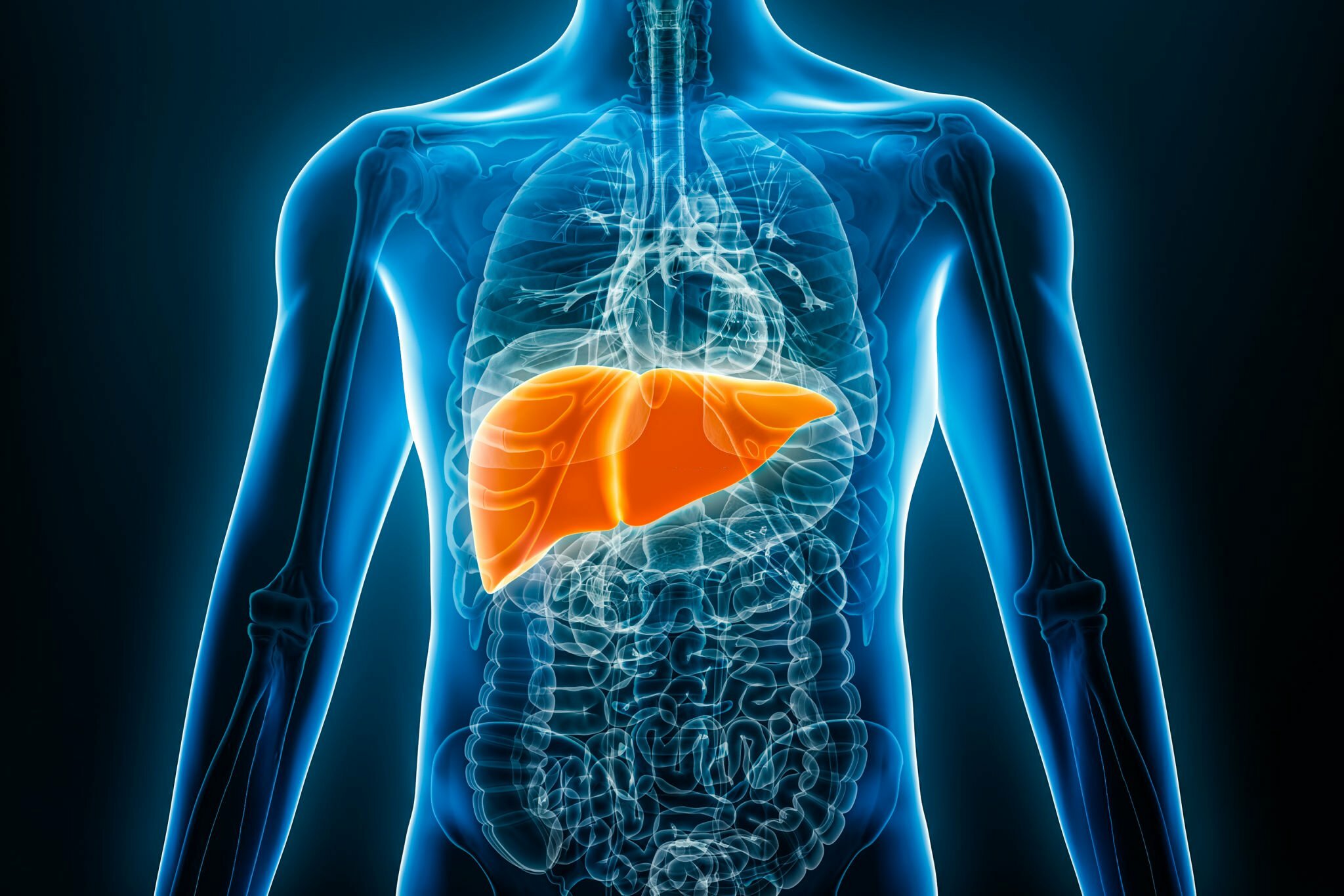Description
Liver function tests, also known as liver chemistries, are essential diagnostic tools utilized to assess the health of the liver. By measuring the levels of various proteins, liver enzymes, and bilirubin in the blood, these tests provide valuable insights into liver function and potential abnormalities.
Purpose of Liver Function Tests:
Liver function tests serve multiple purposes, ranging from detecting liver damage to monitoring disease progression and treatment effectiveness. They are instrumental in identifying liver disorders and guiding appropriate medical interventions.
Indications for Liver Function Tests:
Liver function tests are recommended under various circumstances, including suspected liver infections (e.g., hepatitis B or C), monitoring medication side effects, assessing liver disease progression, and investigating symptoms such as jaundice or abdominal pain. Additionally, individuals with certain medical conditions or lifestyle factors may require periodic liver function testing.
Components of Liver Function Tests:
Liver function tests typically encompass the measurement of specific enzymes, proteins, and bilirubin levels in the blood. Key components include alkaline phosphatase (ALP), albumin, and bilirubin, each providing valuable information about liver health and function.
Alkaline Phosphatase (ALP) Test:
Alkaline phosphatase (ALP) is an enzyme present in various bodily tissues, including bones, bile ducts, and the liver. An ALP test, often conducted alongside other assessments, helps evaluate the integrity of the bile duct system within the liver, aiding in the diagnosis of certain liver disorders.
Albumin Measurement:
Albumin, the predominant protein synthesized by the liver, serves vital physiological functions in the body. Assessment of albumin levels through liver function tests offers insights into liver function and overall health status.
Bilirubin Evaluation:
Bilirubin, a byproduct of red blood cell breakdown, undergoes processing in the liver before excretion. Monitoring bilirubin levels aids in the detection of liver dysfunction and the assessment of conditions such as jaundice.
Symptoms and Signs of Liver Disorders:
Understanding the symptoms associated with liver disorders is crucial for timely diagnosis and intervention. Common signs include weakness, fatigue, jaundice, abdominal pain, and abnormal bleeding, among others.
Conclusion and Clinical Implications:
Liver function tests play a pivotal role in evaluating liver health, diagnosing disorders, and monitoring disease progression and treatment response. By assessing key markers in the blood, healthcare providers can effectively manage liver-related conditions and promote patient well being.




Reviews
There are no reviews yet.